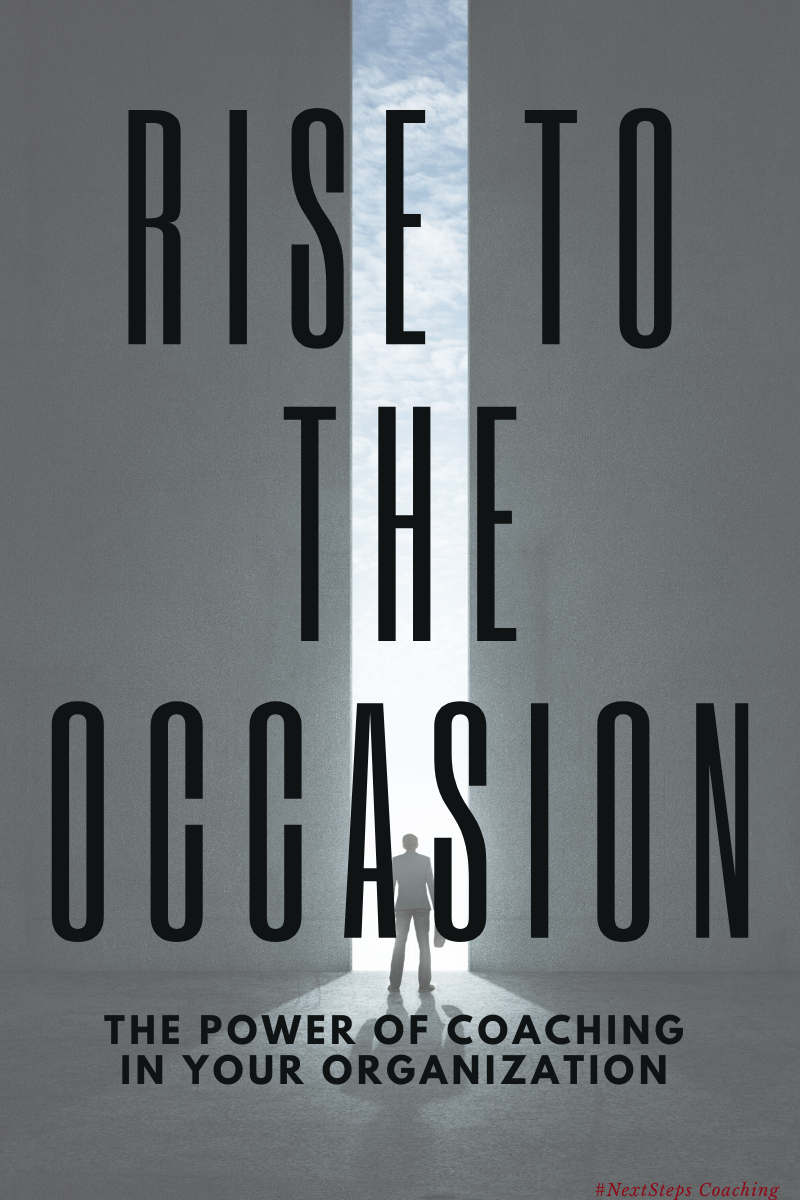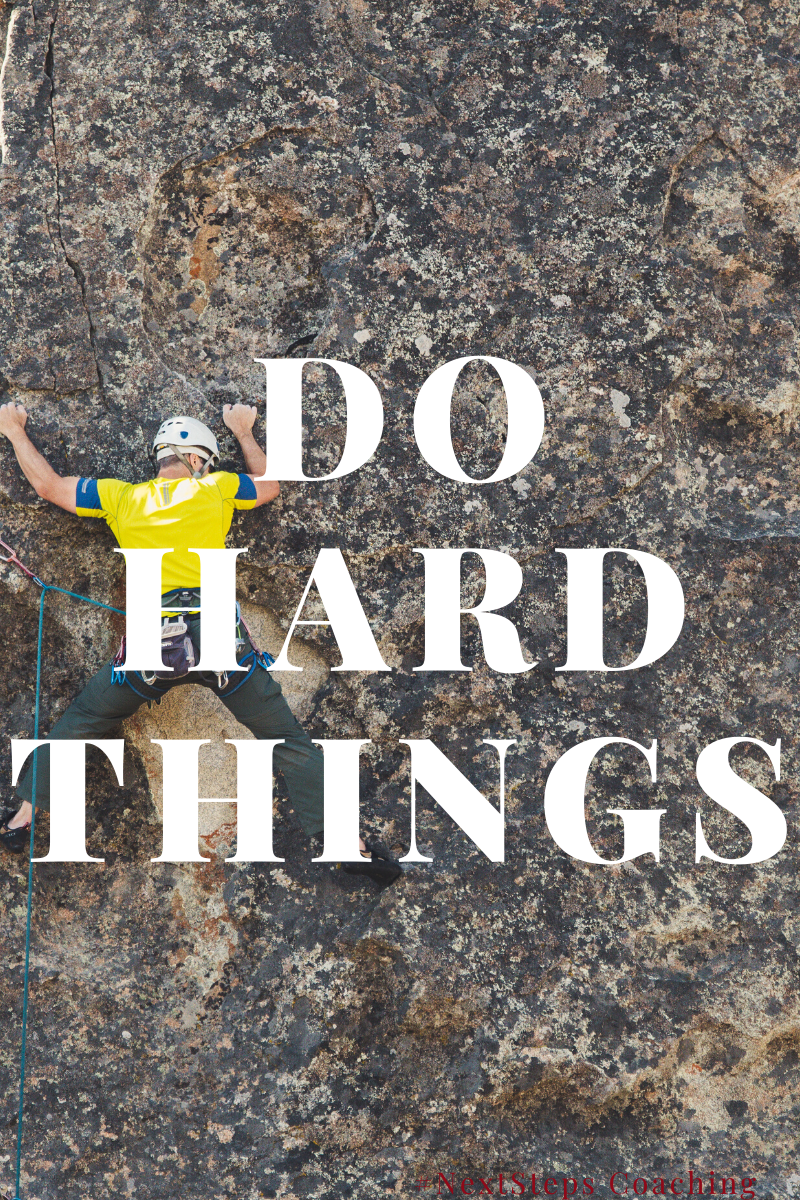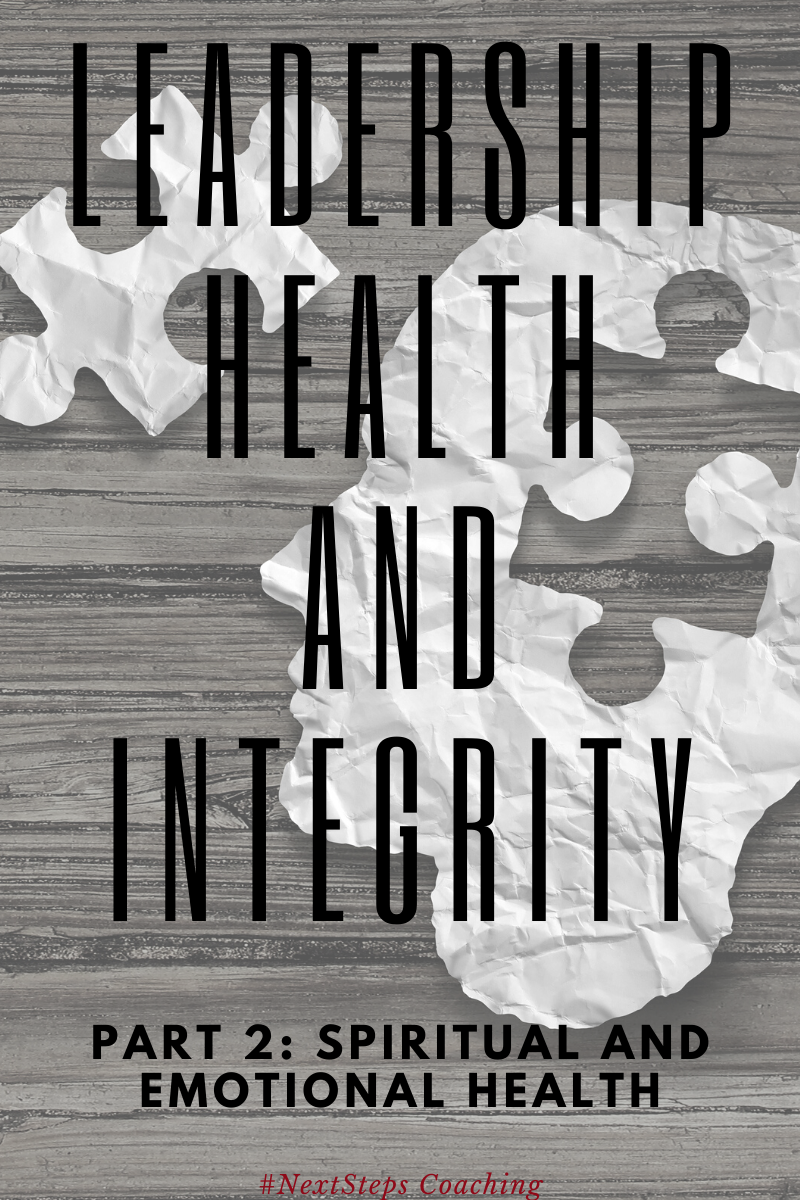
This is part of a blog series from a business development talk I gave. To get caught up, see: Committed to Mastery and then Transformative Teamwork.
Today, we’re covering part three of the speech: Rise To The Occasion.
The contrast of several Northern leaders needs our attention. The North, at the outset of the Civil War, was lacking in high ranking military men. Most of them had gone south at the start of the war. The few that remained, like George McClellan rose quickly. Others, like Generals Custer and Grant, would rise to the occasion.
Setting The Stage
McClellan was a brilliant tactician. His study of worldwide fighting styles, military strategies, and historical aspects of war made him highly desirable. He graduated second in his class from West Point. Dubbed the Young Napoleon, McClellan’s future was bright. Everyone expected great things from McClellan. He cared deeply for his soldiers and they loved him for it. From their perspective, they were well fed, well trained, and rarely fought. It was a pretty good arrangement.
However, between McClellan and President Lincoln, things were rarely ever smooth. McClellan became famous for requesting more supplies and exaggerating enemy numbers. One account tells of a breakdown in Confederate lines and supplies after a battlefield loss. Research seems to indicate that had McClellan pursued them and chased them down, the war would have been over in less than two years. Richmond would have been captured. Top generals would have been defeated. The North would’ve won without further bloodshed. 
Instead, McClellan estimated enemy numbers exaggerated by 20% and blamed the possibility of bad weather as reasons for a delayed attack. As a result, he called off the chase. Within two days, the South regrouped, shuffled their troops, and counterattacked. They drove the north back. For more than two additional years the Civil War would be fought because of this one failure in his leadership.
Rise to the Occasion
Contrast the brilliance, genius, and ultimate ineptitude of someone like George McClellan with someone like Grant. Grant rose to the occasion given to him. Grant’s war policy was to attack consistently and ferociously. He was adept and editing commands on the fly. He was both well prepared and adaptable. Because he knew the ultimate goal, he could change his methods as the battlefield dictated.
George Armstrong Custer, from outward appearances, had nothing going for him. He barely graduated from West Point coming in dead last in his class. Custer gained an unfavorable reputation because so few trusted him. He was often pulling pranks, spending time in detention, getting into trouble, and had an overly brash demeanor.
However, throughout the Civil War, he distinguished himself as a man of courageous action. By the end of the Civil War, he had been promoted to Major General and was in command of the entire cavalry. In an age where leaders worked from the rear and made orders for other men, he gained admiration by fighting from the front. It’s been noted that he was often the first to go flying into combat with his men trailing behind him. At the conclusion of the war, his unit was responsible for capturing more POWs and infantry flags than any other unit. He was even respected enough that he received the table that unconditional surrender terms were drafted.
Where We Find Ourselves
Three men at the same point in history take dramatically different paths in life. One, seemingly given every advantage, squanders it all. He leaves frustrated, disgraced, disillusioned, and desperate. The other two inspire, engage, and rise to the occasion. McClellan, from the top of his class, witnesses everything crumble before him. Grant and Custer rise from the bottom. Custer, quite literally from the bottom of his class to one of the highest positions available and becomes the stuff of lore and legend.
There is something inside of our DNA that loves these transformational stories. Zeroes to heroes inspire us. We long for stories of David defeating Goliath. Worst to first and victory in the midst of defeat give us hope. 
Undoubtedly, there are many parallels in our businesses. Perhaps you even know of a time or two in your own life or that of your company (or even an employee) where you can see now how things could have and should have worked out differently.
Individuals or companies with all the advantages that still somehow managed to fail. Mega tech companies caught with bad numbers and crumble an empire. Someone identified as a high performer busted for ethical violations or a failure to perform. An industry darling in one year is an outcast in another.
But there’s also the flip side.
A surprise hire going on to transform a business or industry.
A perpetual under-achiever finds a fire in their soul and rises to extraordinary levels of leadership.
And while nothing in life is a guarantee, what I have found throughout my years in coaching, is that there are certain tendencies and ways to “hedge our bets.”
The Power of Coaching
Coaching advances the high performers at an astounding rate, helping them to avoid burnout. It also has the capacity to equip the last place hire to deeper levels of transformation. Coaching gives a place for both the first-place all-star and the last place “skin of your teeth, you just barely made it” performer.
My start in coaching looked much the same. I began working with clients who self-identified as someone who knew they were capable of great things but couldn’t get out of their own way (much like we might have said early on about Custer).
The ICF first defined coaching as, “partnering with clients in a thought-provoking and creative process that inspires them to maximize their personal and professional potential.”
When we equip our ourselves and our staff to reach their full potential we inspire them to rise to the occasion.







